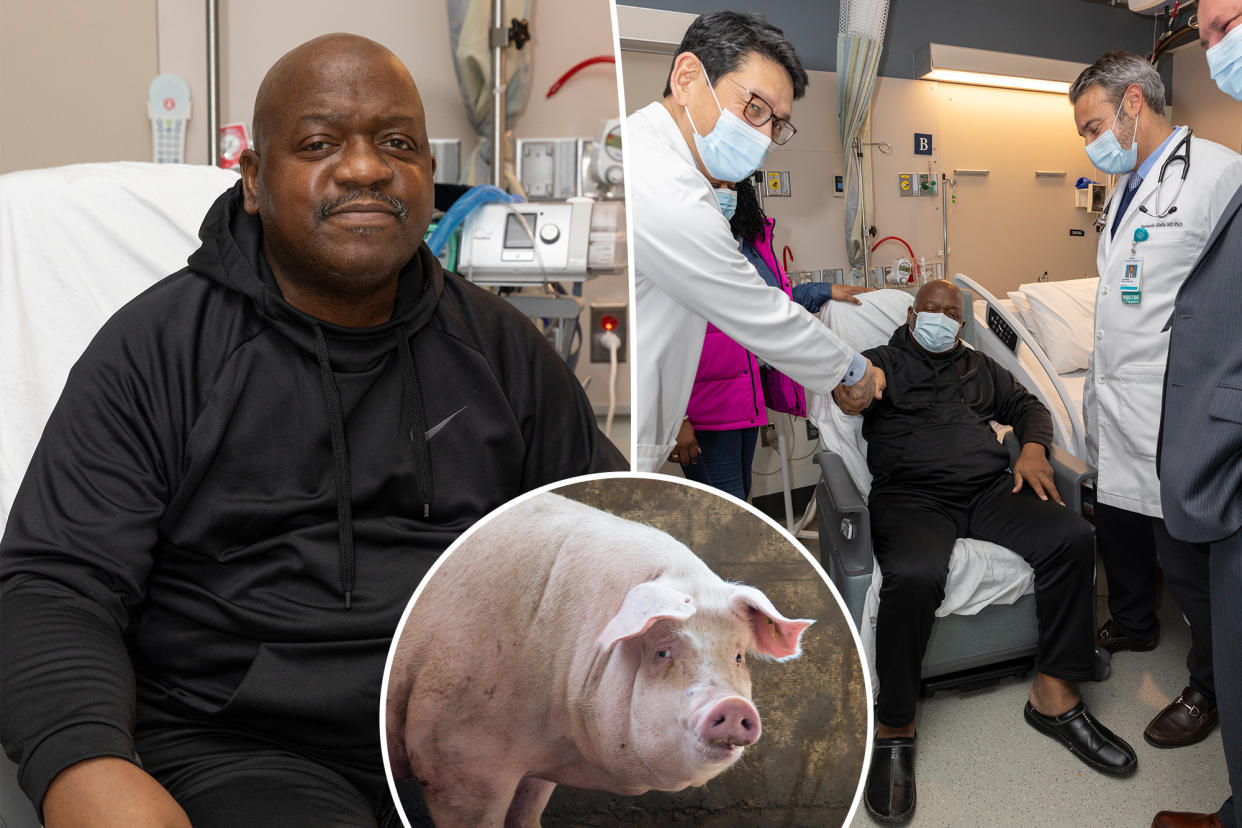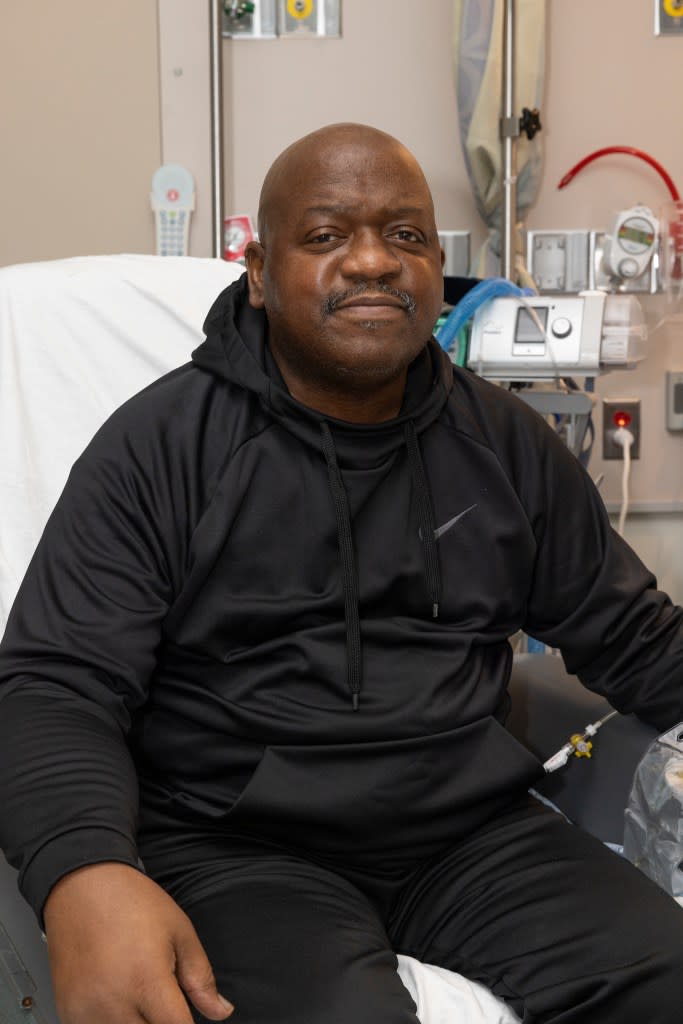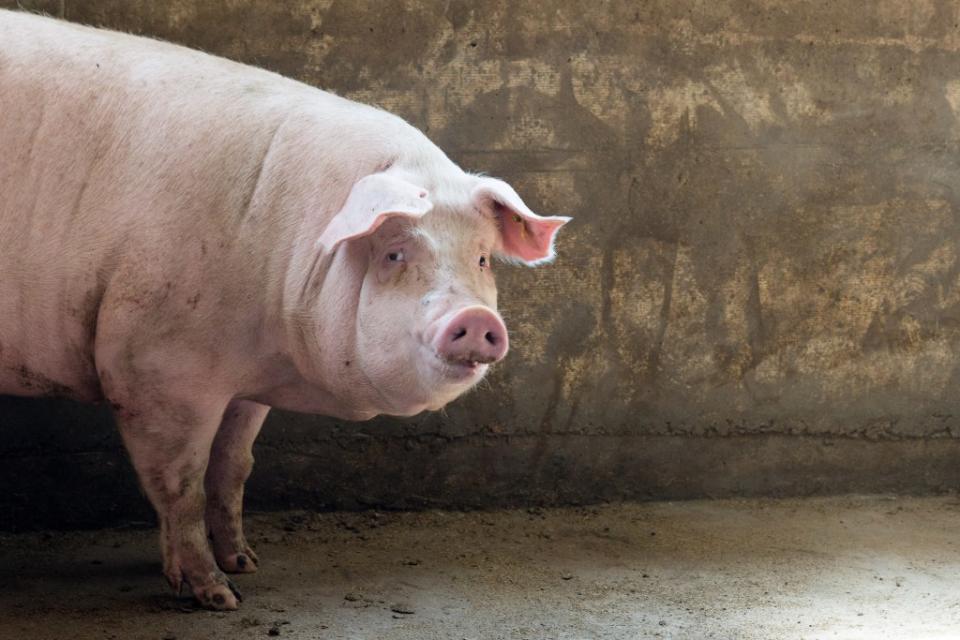Man leaves hospital with clean bill of health after receiving pig kidney in groundbreaking transplant

Effectively transplanting an organ from an animal to a human may sound like something that could happen when pigs fly.
However, 62-year-old Rick Slayman was sent home from Massachusetts General Hospital in Boston Wednesday, two weeks after having a successful organ transplant with a genetically modified pig kidney, according to a hospital press release. The Post reached out to Mass General for comment.
Organ transplants from pigs have failed in the past, and this is the first kidney transplant in a living recipient of its kind. Doctors are hailing this as a historic milestone in xenotransplantation, the implantation of an animal organ into a human.

“This moment – leaving the hospital today with one of the cleanest bills of health I’ve had in a long time – is one I wished would come for many years. Now, it’s a reality and one of the happiest moments of my life,” Slayman said in a statement.
He thanked the staff at the hospital for giving him such good care.
“The care I received was exceptional and I trust the physicians of the Mass General Brigham health system with my life. I’m excited to resume spending time with my family, friends, and loved ones free from the burden of dialysis that has affected my quality of life for many years.”
Doctors implanted the kidney in Slayman on March 16. His new kidney started producing urine shortly after the four-hour surgery.
Today, Slayman’s kidney is working and he is no longer on dialysis.



This is Slayman’s second kidney transplant. Slayman, who suffered from Type 2 diabetes for years, got a kidney transplant from a human donor in 2018 after being on dialysis for seven years.
Five years later, the human kidney started to fail and he was placed on dialysis again. Complications from the dialysis put him in the hospital around every two weeks and he volunteered to have the pig kidney implanted.
“I saw it not only as a way to help me, but a way to provide hope for the thousands of people who need a transplant to survive,” Slayman said in a statement.
There is a worldwide organ shortage, and doctors think Slayman’s surgery could pave the way for more of its kind. According to the United Network for Organ Sharing, 17 people die each day while waiting for an organ transplant.
The pig kidney was genetically modified with CRISPR-Cas9 technology, which removes some of the pig’s genes and replaces them with human ones to improve its compatibility. The kidney was provided by Massachusetts-based biotech company eGenesis.

This news comes after a pig kidney was implanted into a brain-dead man named Maurice “Mo” Miller at NYU Langone last year.
The organ worked for two months.

